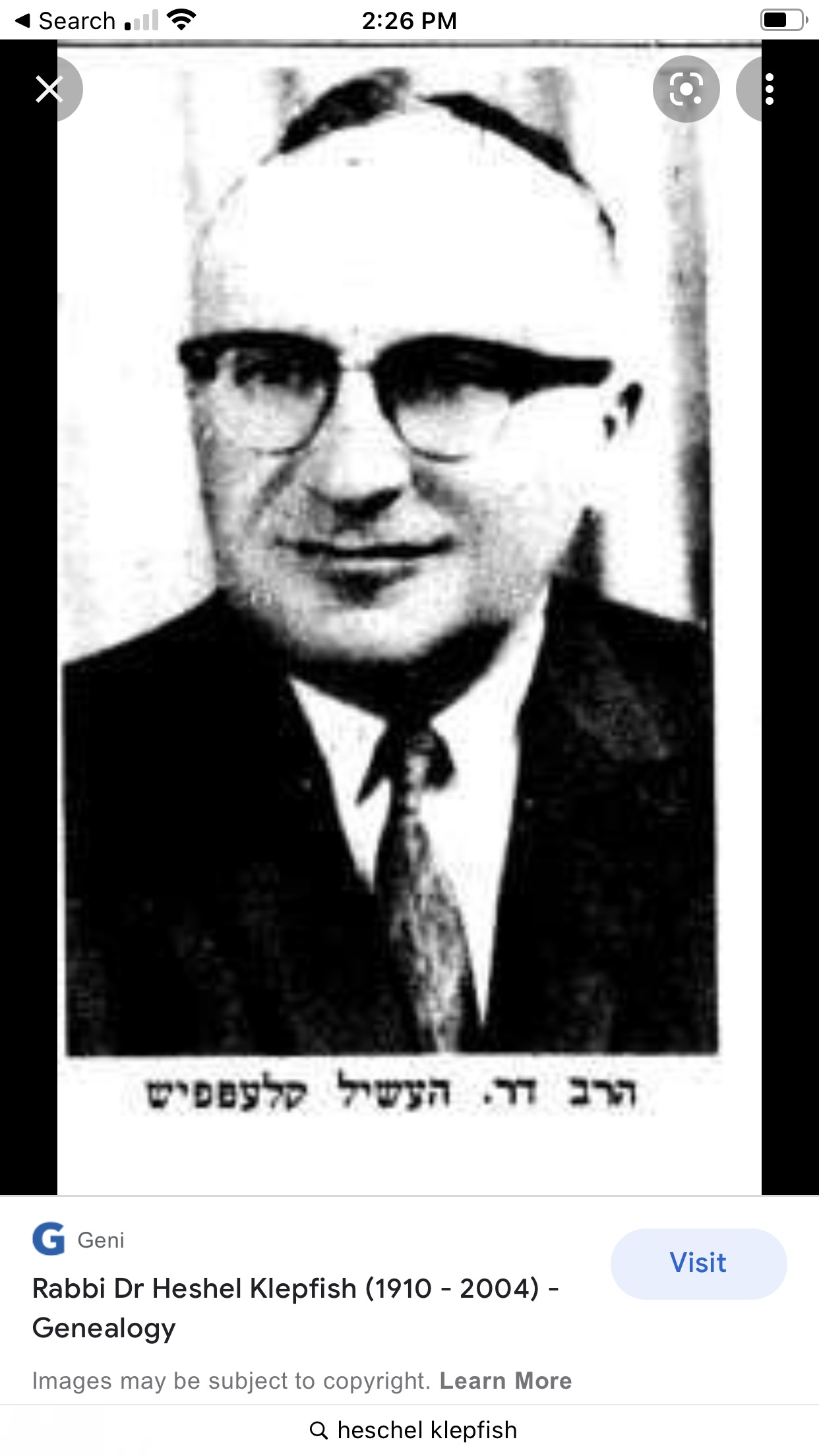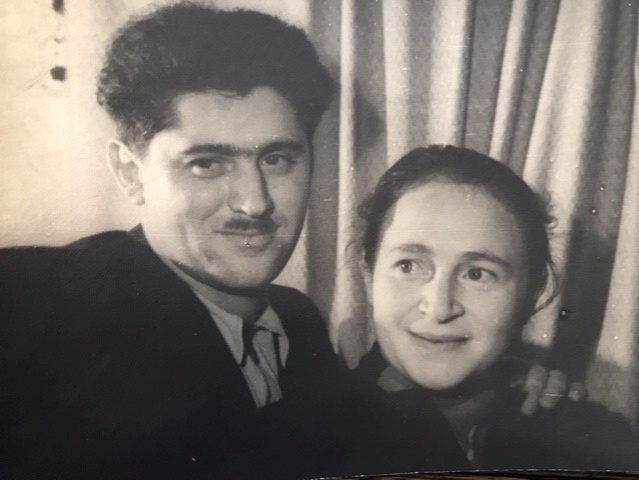After finish my 4th year of enginerring I get married on August 28 1982
I meet Veniamin on February 20 1982 through mutial friend Igor Maxkin
According to Venya he and Igor went to lunch at a local cafe and on the wy back to work they stop near our building to finish conversation
Venya saw me and Alina going back to our workplace and he ask Igor who was this girl with dark hear
Venya ask Igor to introduce him to me
I was a good friend with Igor Maxkin from his first day at work.
He came to our department to introduce himself like a new young professional .
He was a economist by profession, but also he was very talented a piano player .
We went to g a lot of consert , disconight and lunch together.
When he was in my home he always play piano and all my family injoy.
Venia able to buy 6 tickets for a diskonight and dinner at the local place call Giprozivmash
We all went on February 20 Igor , Ella zaslavskaya, Maya Malikina, Oska Gext , Venys and I .
We all know each other through KTEU, exsept Venya, but we became friends with everybody and after dinner spent all evening on the dance floor
On the end of the evening Venya walk me home . We took long walk though the park . It was very cold winter evening but we ingage in converstion .
For the next 6 month he always waitig for me at a lobby at 10 pm to walk me home after my evening classes.
On the end of June Venya propose to me and I sad yes. On july we took our documents to regisrration place , but buy our law you need to wait 1 month from day to apply for marriage and buy the actualy day which was August 28 1982
My 5th year of school i start a wa a married person
We were renting 1 room not far from my parents and Venya parents
Buy the end of a shcool year Lenya was born on June 10 1983
I was able to stay at home with Lenya for 1 year and have my position secure at work \
On September 1 I start my last 6 yeat of evening school
On February I fund out that i was pregnant , so Lenya was 9 month old and I am working on my
diploma project the last work before graduation,
On June 1984 i succssefuly defendent my diplom project on front 6 professors with a lot of questions.
On October 7 1984 Igor was born
We were still leaving at the same appartment 1 room 2 kids bed 1 sofa for as , drowing table ,
I was able to stay for 1 year and 6 month bs the birth of Igor
On the eight day of a Lenyas and Igors life David Veniaminovich (venyas father arenge a circumcision for our boys by the local well know surgen
I never heart about this procedure but when i ask my ant Mila (my mom sister) she encorage me to agree.
I was a custom in our town that nerse will visit newborn every day during first month and doctor visit once a week during first month.
So next day after circumcision the nurse nuck to our door a try to keep Lenya quat and i don’t open the door
This happing foe few weeks
Then on our scedule visit to the doctor whe ask why we have a bandage around this are
We told her that its infection
13 month later the same happing with Igor
When she ask me what going on with bandage again
my answer the same it is infection
It was agent our goverment to do anything relater to religion of any kind



